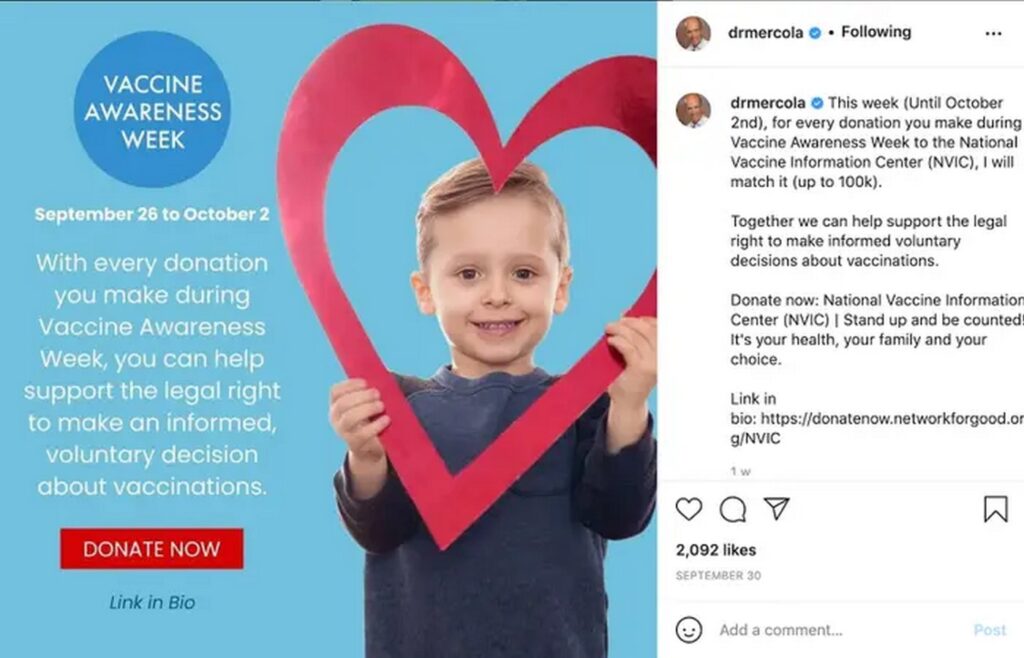Targeting Mothers The Ever-Evolving Tactics of Anti-Vax Actors

The landscape of anti-vax misinformation has witnessed a notable shift, with social media platforms becoming battlegrounds for spreading fear and skepticism around vaccines. Initially targeting mothers of young children, anti-vaxxers have adapted their strategies to reach a broader audience, including right-leaning adults. Now, as the focus returns to mothers amid the authorization of COVID-19 vaccines for children, the dissemination of misleading information continues to challenge efforts to combat vaccine hesitancy.

A Change of Heart: From Advocate to Advocate Against Misinformation
Lydia G., a former staunch anti-vax advocate, found herself questioning her beliefs while sitting in a public health clinic with her children during the COVID-19 pandemic. Overcoming years of entrenched views, she became one of the few anti-vax mothers to change her stance and actively encourage others to do the same. Her journey reflects a unique aspect of the anti-vax movement’s current dynamics.
Initially targeting left-leaning young mothers, the narrative of anti-vaxxers shifted during the pandemic to appeal to right-leaning adults skeptical of government mandates. However, with the authorization of COVID-19 vaccines for children, anti-vaxxers have redirected their efforts towards instilling fear in mothers once again, exploiting social media platforms to spread disinformation.

Exploiting Social Media: A Growing Challenge
Social media platforms like Facebook, Instagram, and TikTok have become breeding grounds for anti-vax propaganda, evading detection through various tactics. Private Facebook groups, Instagram stories, and TikTok videos disseminate misleading content, reaching a wider audience than ever before. Despite efforts to curb misinformation, groups and individuals continue to thrive on these platforms, circumventing algorithms and content moderation measures.
The Center for Countering Digital Hate identified a select group, labeled the “Disinformation Dozen,” responsible for a significant portion of vaccine misinformation. These actors, leveraging the COVID-19 pandemic, targeted right-wing, anti-authority individuals, amplifying their reach and influence. However, their focus has shifted back to mothers with the authorization of pediatric COVID-19 vaccines.

Challenging Misinformation: A Complex Battle
Combatting anti-vax misinformation poses significant challenges, particularly on platforms where content can easily evade detection. Misleading posts often capitalize on themes of personal freedom and parental concerns, exploiting fears about vaccine safety. Despite efforts by platforms like Facebook and Instagram to remove harmful content, anti-vaxxers adapt their messaging, leveraging subcultures and coded language to evade detection.
While initiatives to promote reliable information and fact-checking exist, the fight against misinformation requires ongoing vigilance and collaboration. Lydia G.’s journey serves as a testament to the potential for change and the importance of empowering individuals with accurate information. By redirecting vaccine-hesitant individuals to credible sources and engaging in constructive dialogue, efforts to combat misinformation can make strides towards fostering trust in science and public health.
As the battle against vaccine misinformation continues, it underscores the critical role of education, transparency, and community engagement in promoting vaccine acceptance and protecting public health.


















